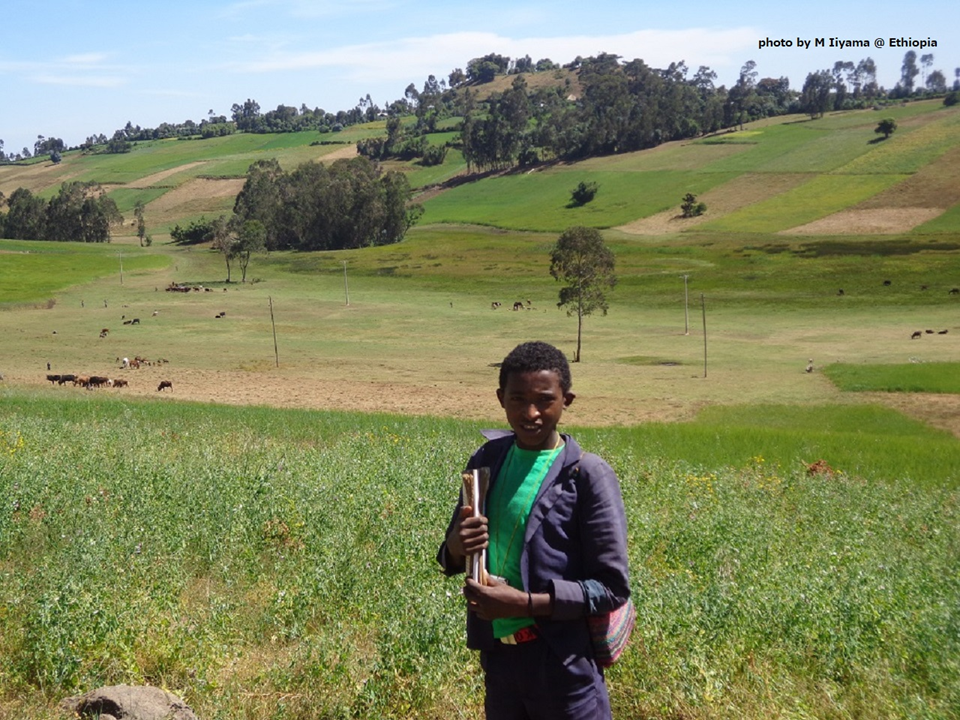Pick Up
836. Adaptation to Climate Change

836. Adaptation to Climate Change
As noted in the recent Pick Up, the summer of 2023 saw the impact of climate change affecting 6.5 billion people, equivalent to 81% of the world's population. Record-breaking high temperatures have been reported worldwide, but under climate change, such events are becoming tens to hundreds of times more likely, or even events that were previously thought impossible are occurring.
The abnormal weather events we are experiencing today come with human costs. Adaptation to climate change requires not only financial resources but also social infrastructure, information, and administrative capacity. On August 4th, in an article in Nature Climate Change, it was argued that just as the impacts of climate change vary globally, there is also significant variability in society's ability to adapt, and it called for increased support for vulnerable communities.
According to the article, there is a need to assess the adaptation capacity to climate change in the Global South, which is considered to bear the greatest burden of climate change impacts, in order to reduce risks under climate change. Climate adaptive capacity has been relatively overlooked in global model simulations, but research reflecting different aspects of adaptive capacity has recently begun to emerge. Some climate impact assessment models include factors such as absolute poverty, urbanization, population size, government control of corruption, and gender equality as indicators of social adaptive capacity, taking into account the economic costs of adaptation.
The article also emphasized the importance of prioritizing people who are historically or currently disadvantaged, calls for capacity building in countries and societies with limited capacity to adapt to climate change, and advocates for the establishment of systems that allow the voices of local communities to be heard.
Reference
Supporting adaptation. Nat. Clim. Chang. 13, 749 (2023). https://doi.org/10.1038/s41558-023-01771-9
Contributor: IIYAMA Miyuki (Information Program)
